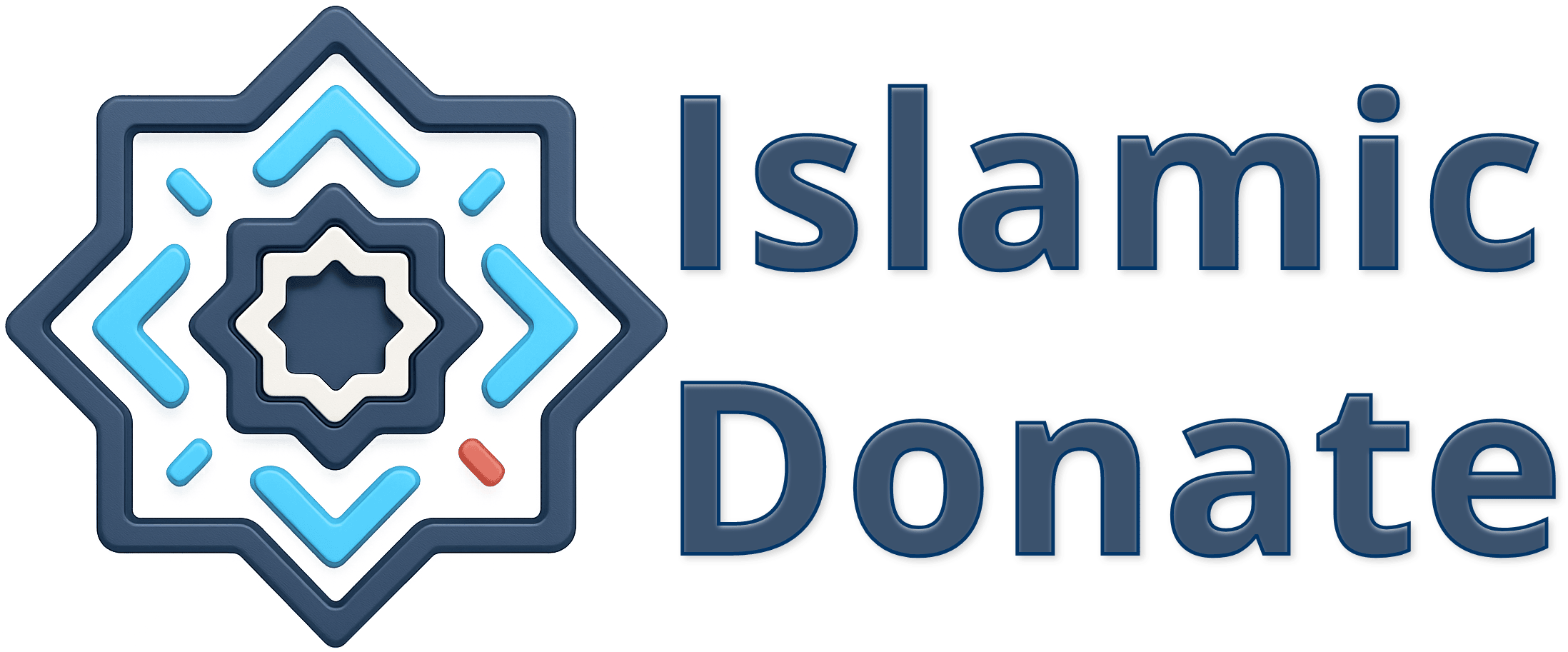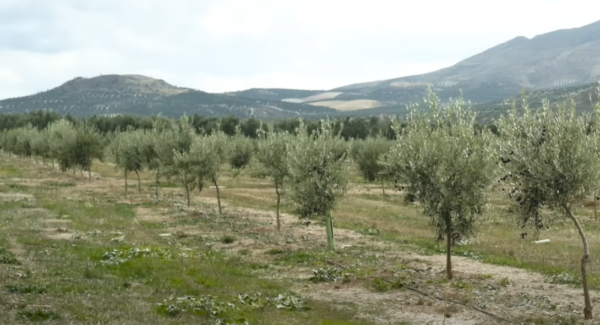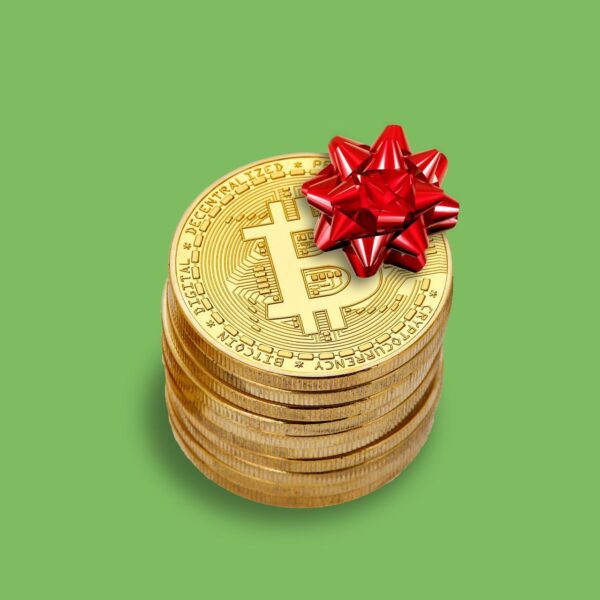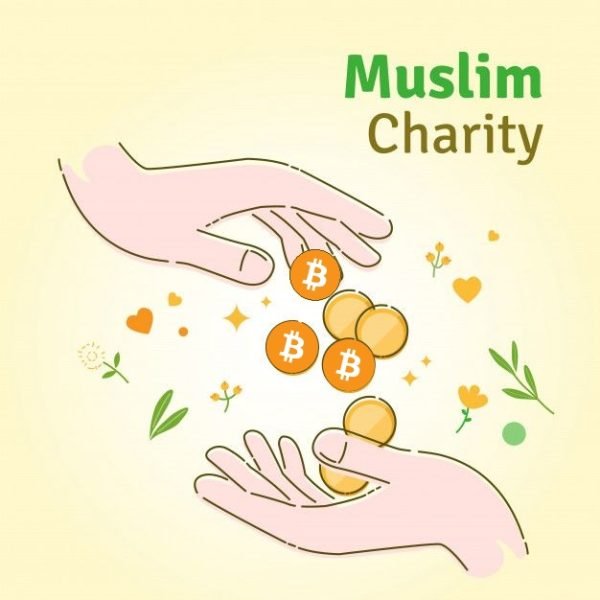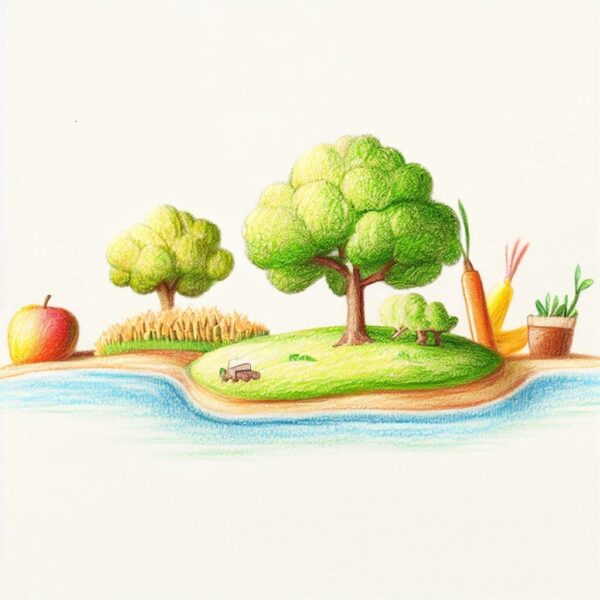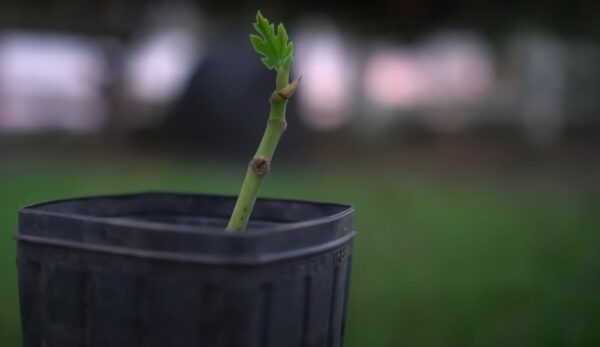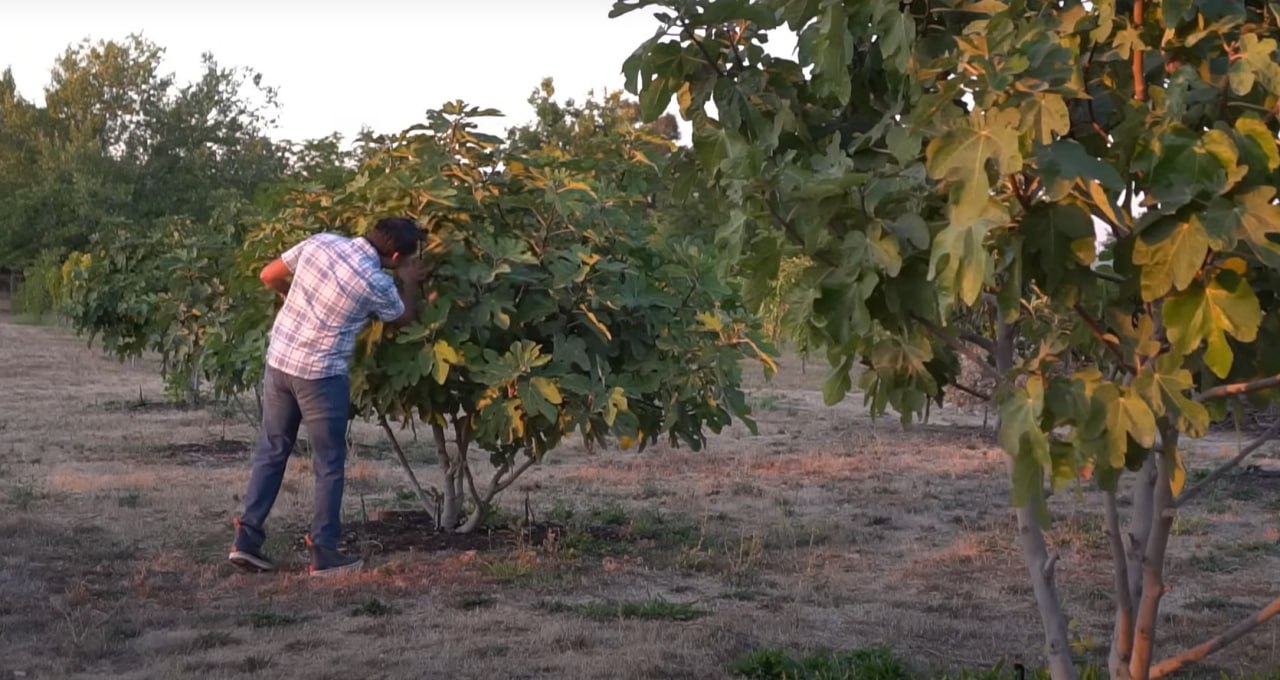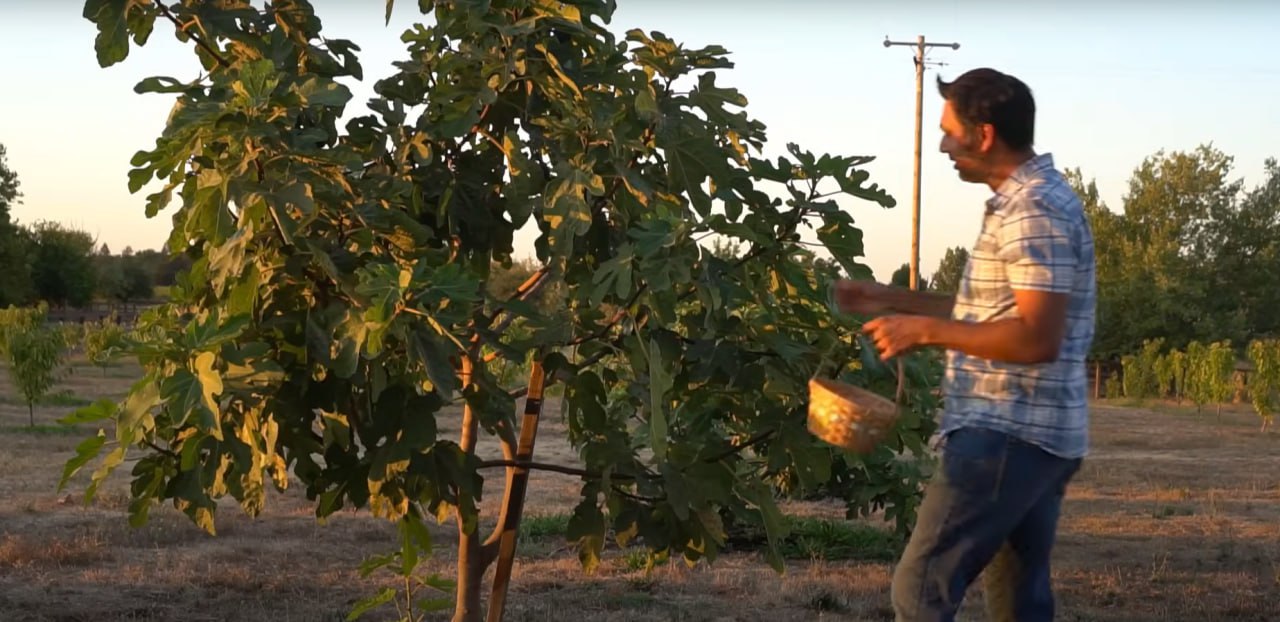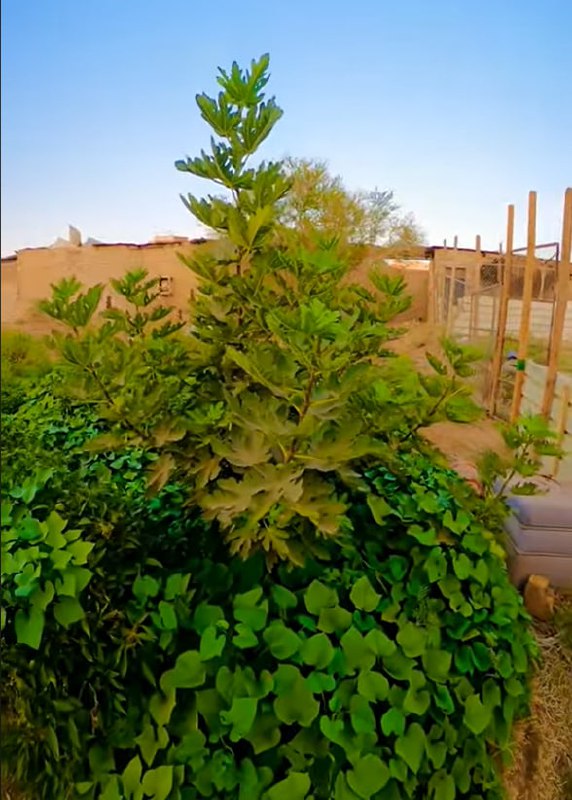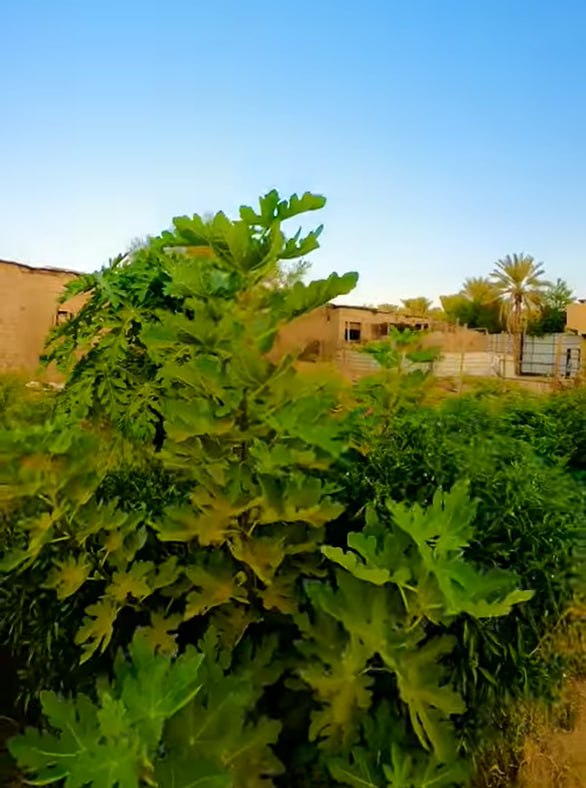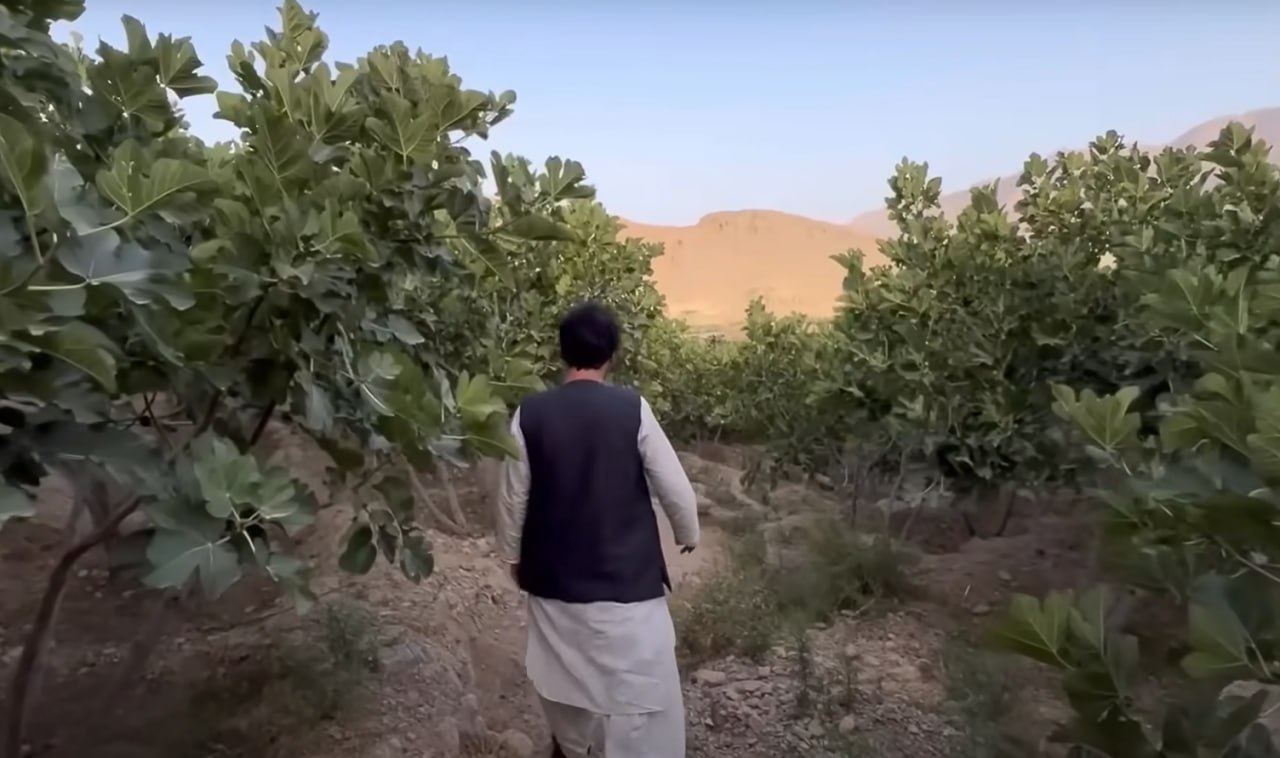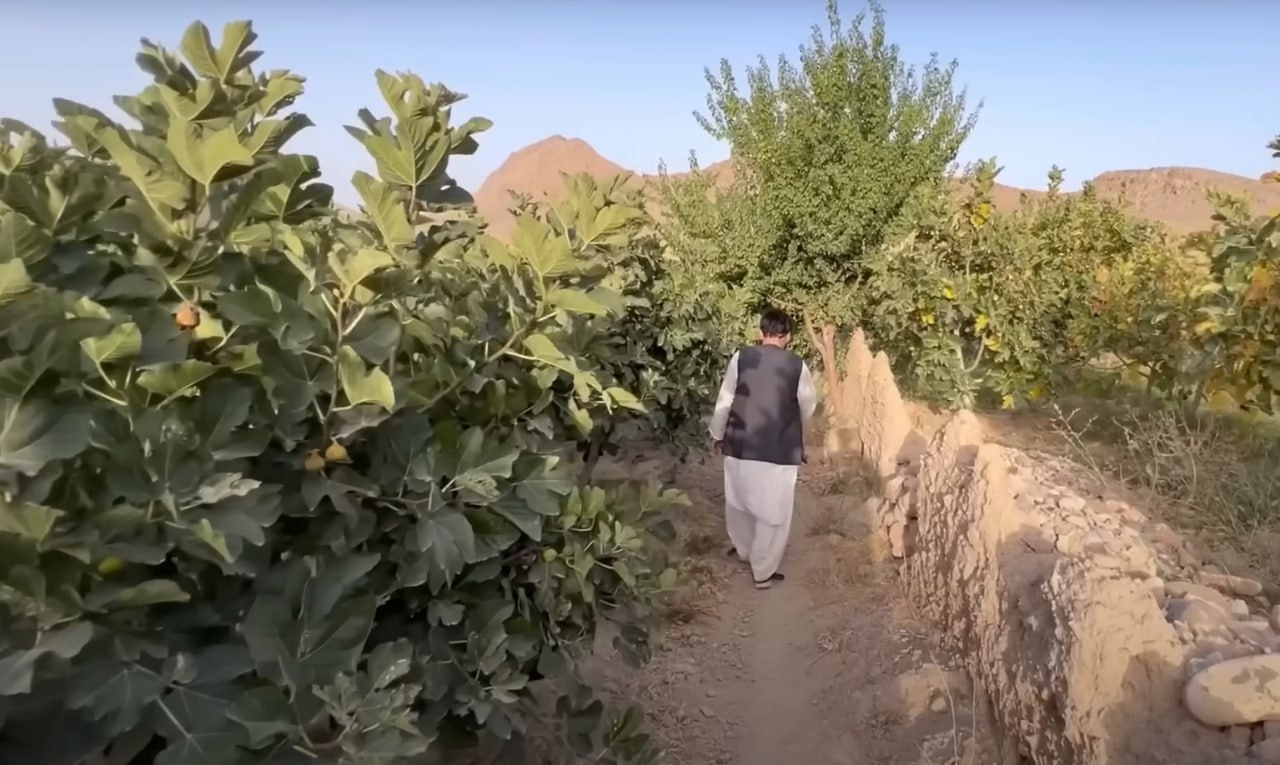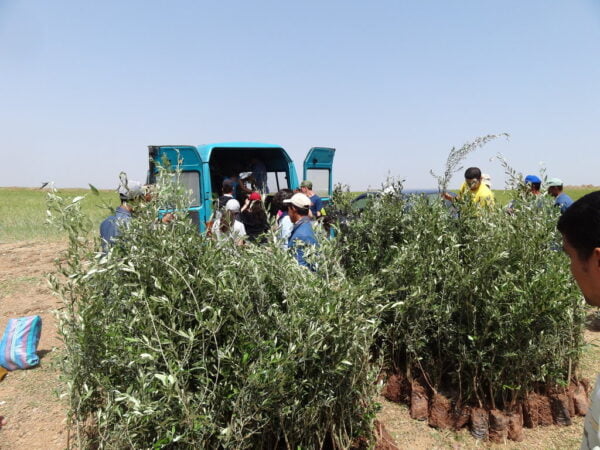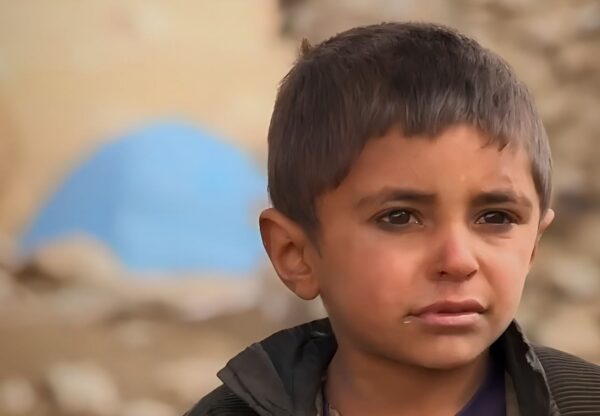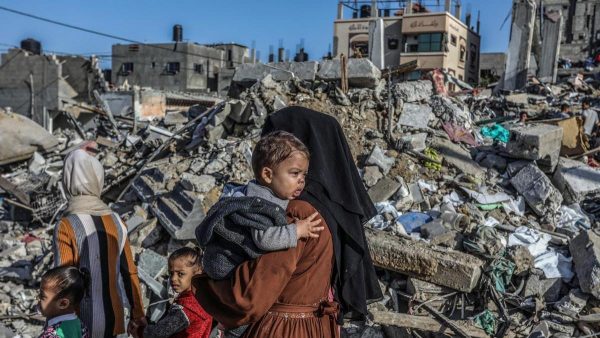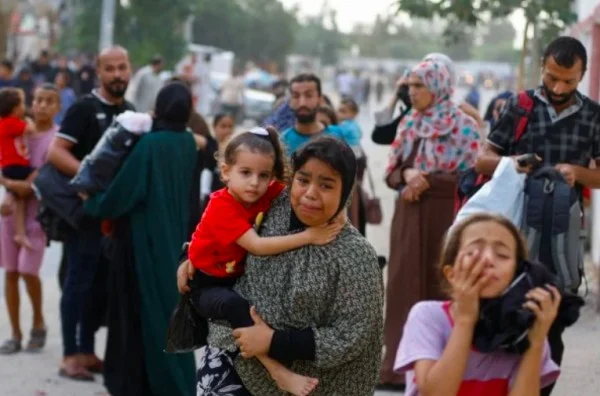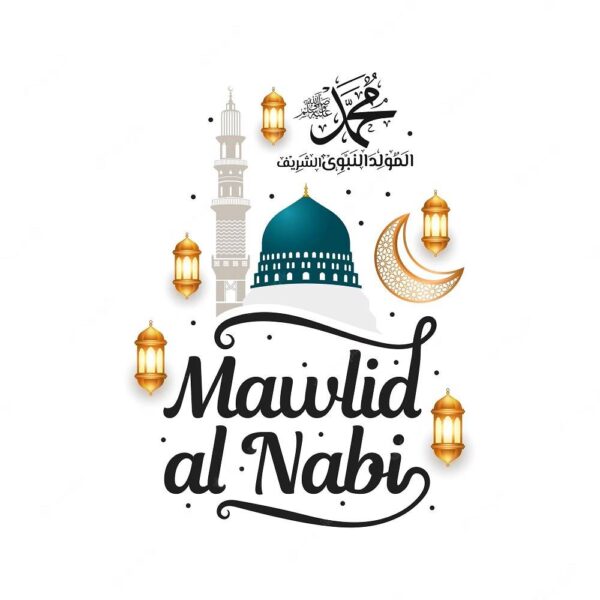When Does Planting Hope Begin? Seasonal Wisdom for Giving Back
Planting a tree is a beautiful act of charity, a Sadaqah Jariyah that offers continuous good deeds long after the planting is done. But with so many regions we serve and climates to consider, you might wonder: when is the best time to plant a tree through our Islamic charity?
Just like the changing seasons, our charitable work follows a rhythm throughout the year. Here’s a look at when your generous Crypto Donate can blossom into a flourishing tree, offering shade, sustenance, and a symbol of hope for years to come.
Autumn’s Bounty: The Ideal Time for Growth
In many temperate regions, late fall and winter (between November and March in the Northern Hemisphere) present the perfect window for planting trees. During this dormant period, trees are less stressed by transplanting, allowing them to focus their energy on establishing a strong root system in the cool, moist soil. This sets them up for success when spring arrives and new growth begins.
Spring’s Renewal: Expanding Our Reach
As winter loosens its grip and spring paints the world in vibrant hues, our focus shifts towards nurturing the trees planted in the previous season. Many of our projects during this time involve caring for these young trees, ensuring they thrive in their new homes. This might involve tasks like weeding, watering, and monitoring their progress.
Spring also opens the door for planting in some warmer climates. Here, we take advantage of the mild temperatures and increased moisture levels to give newly planted trees the best chance of survival.
Summer’s Harvest: Empowering Families
By summertime, the trees planted in late winter and spring begin to bear fruit (literally, in the case of olive trees!). This joyous time signifies not only the success of our plantings but also the empowerment of the families we assist.
Our approach goes beyond simply providing food. We deliver these flourishing gardens directly to families in need, ensuring a sustainable source of nutritious produce for their tables. But the benefits extend even further. The surplus harvest can be sold at local markets, creating a vital income stream for these families. This income allows them to not only meet their basic needs but also invest in their futures. You can read our latest activity report on olive tree planting here.
In essence, our summer projects achieve two important goals.
First, we create jobs by equipping families with the means to cultivate and sell their produce.
Second, we contribute to the economic well-being of these families, fostering self-sufficiency and long-term stability.
This revised section emphasizes the income generated from the harvest as a tool for empowering families, creating jobs, and fostering economic independence. It aligns better with the overall message of your Islamic charity.
Trees for Every Climate
While temperate regions benefit from fall and winter plantings, our charitable work adapts to the unique needs of each environment. In hotter and drier African countries like Sudan, South Sudan, Niger, and Somalia, we strategically plant trees like African figs (Ficus) that thrive in these harsher conditions. These carefully chosen species serve a multitude of purposes, aligning perfectly with our core goals:
- Providing vital fodder: The leaves and fruits of these trees offer a valuable source of sustenance for the livestock owned by families in need. This ensures the health and well-being of the animals, a critical asset for these communities.
- Combating soil erosion: The root systems of these trees help to anchor the soil, preventing erosion caused by strong winds and heavy rains. This safeguards the precious topsoil, essential for future agricultural endeavors.
- Improving the regional climate: Trees act as natural air conditioners, providing shade and reducing temperatures. By increasing tree cover, we contribute to a cooler, more comfortable environment for the communities we serve.
By tailoring our tree selection and planting times to specific climates, we ensure the long-term success of our projects and maximize the positive impact on the lives of those we assist. You can read our latest activity report on tree planting in Africa here.
Beyond the Harvest: Creating Lasting Value
Sometimes, our summer efforts extend beyond simply delivering gardens and harvesting produce. When resources allow, we take the initiative to create even greater value for our beneficiary families. In the case of olive-growing families, this might involve setting up small-scale olive oil production workshops. By providing the tools and knowledge for processing their olives into high-quality olive oil, we empower them to command a premium price for their harvest in local markets. This not only increases their income but also equips them with valuable skills and opens doors to new economic opportunities.
An Everlasting Gift: The Legacy of Sadaqah Jariyah
The beauty of Sadaqah Jariyah lies in its continuity. Just like the seasons that turn, our charitable work is a cycle of planting, nurturing, and harvesting. Your Crypto Donate becomes a gift that keeps on giving, a symbol of your generosity that continues to benefit communities for years to come.
We invite you to join us in planting the seeds of hope. Give Sadaqah today through our secure platform and be a part of something truly special. May Allah accept your donations and bless you for your compassion.

